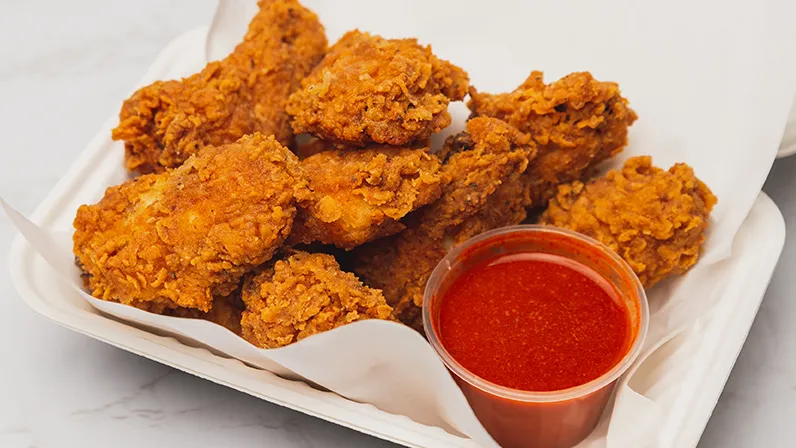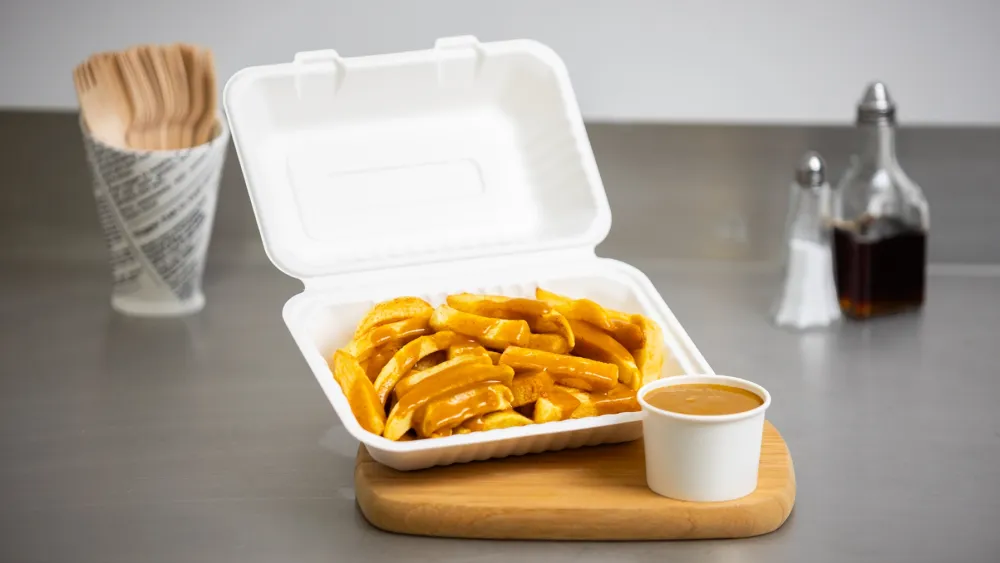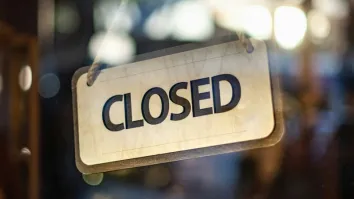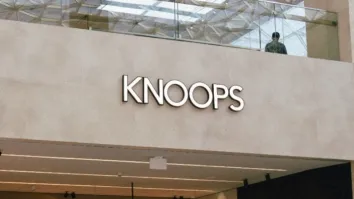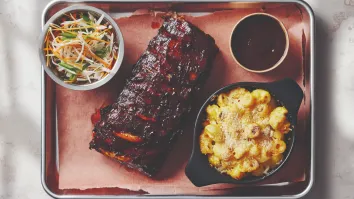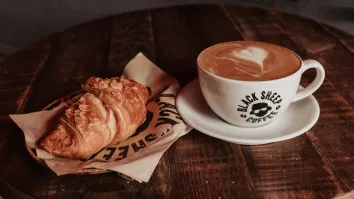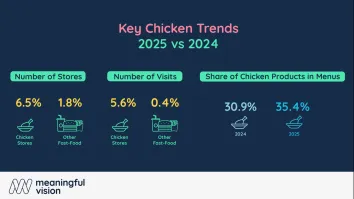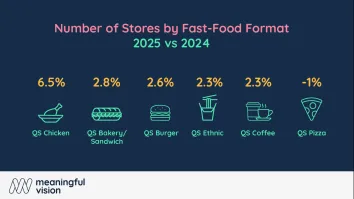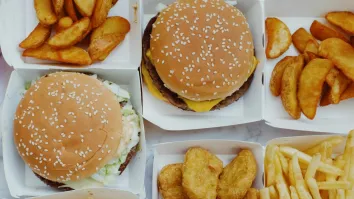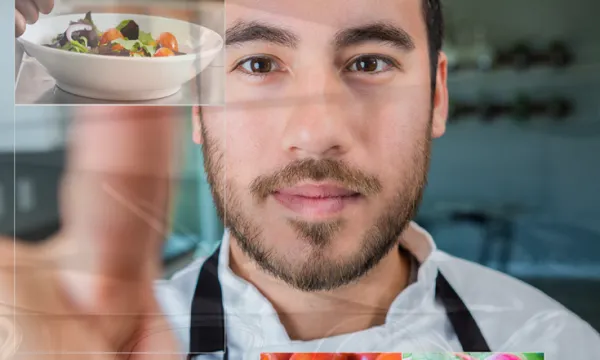
Is technology taking our hospitality jobs?
Written by Nick Hucker, CEO, Preoday.
Technology is penetrating every area of our lives: phones have become part of our body; fitbits constantly keep track of our health; and Alexa answers every question. With technology making life quicker and more convenient, it is widely celebrated by society. However, there are concerns for the future, as it has been found that 70% of people fear technology will take over our lives and will eventually be able to fulfil most human tasks.
In the hospitality industry specifically, robots and other technologies are increasingly being used in almost every element of business. From booking a table online, to self-ordering screens and bill payment via an app, technology is speeding up every process involved in hospitality. Considering the amount of traditional restaurant functions that technology can already fulfill, some are asking if humans will even be required in the industry at all in a few years?
Fast Food
In fast food eateries where customer experience is more reliant on speed and ease over human interaction, robots have an opportunity to step into the waiter’s shoes. For example, Kang Nam Tofu House in California, has employed a robot that is designed to navigate through the restaurant and deliver orders to customers. However, humans are still needed to summon the robot and load it with food. Similarly, in restaurant kitchens, robots such as Caliburger’s Flippy are being used as chefs to assist staff with grilling, frying and prepping food. This can benefit fast food businesses where speed and repeatability are important, but it is hard to imagine robots taking over fine dining restaurants, where part of the attraction is the in-house chef.
Automated Ordering Systems
Placing takeaway food orders on automated systems has become one of the most common uses for technology in the hospitality industry. Customers no longer need to shout their orders down a fuzzy phone line, which often leads to receiving incorrect food and ultimately a poor experience. Digital ordering technology, such as Preoday’s platform, is making ordering food faster and more accurate. Whether it is used in quick service chains or up-market restaurants, online food ordering is streamlining the process for both the business and consumer.
As a result, new revenue streams are opened by taking more orders and attracting new audiences, whilst giving staff more time to concentrate on providing excellent customer service face-to-face. Additionally, these digital platforms allow businesses to collect data that can be used to recognise consumer order patterns, giving businesses the opportunity to hone their offerings and enhance marketing with greater levels of personalisation.
Food for Thought
It is fair to say there are many benefits to businesses using technologies like Preoday, which makes the ordering experience more efficient for the business and customer. However, this is unlikely to ever replace the need and desire for human interaction entirely; a recent survey found that 88 per cent of people would choose a waiter experience over ordering at a bar, for example. Therefore, technology will continue to capture and retain customer interest and business, but it will not replace jobs. Technology provides invaluable benefits that will allow restaurants to grow and expand. If we can agree that humans will always have a place within the hospitality industry, then it doesn’t hurt to look at areas where robots and technology might have a greater impact.
https://www.preoday.com/
